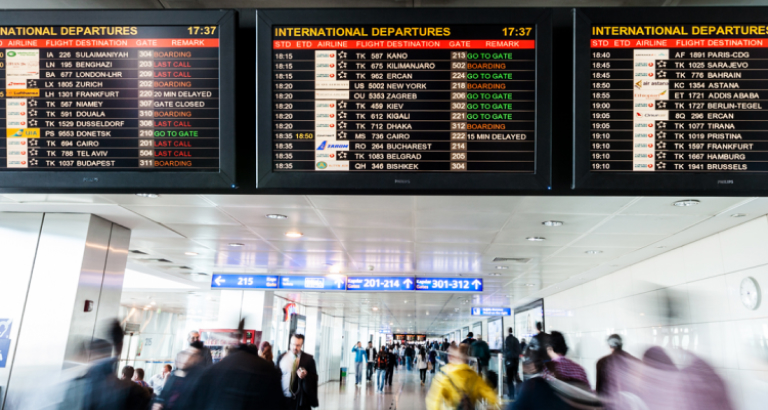Continuing the conversation: Preventing the next pandemic—will we be prepared?

In early April, the Boston University School of Public Health hosted a seminar as part of its Strategic Research Directions initiative entitled “Preventing the next pandemic: Will we be prepared?” A diverse group of experts from around the world gathered to discuss the key lessons learned based on our response to the current SARS-CoV-2 pandemic. Not only that, but how we can use those lessons to prevent future pandemics and readily respond.
Perhaps the most prominent themes to emerge from the sessions were centered around trust, responsibility, equity, and collective action. The COVID-19 pandemic has shown us that we have an enormous capacity to develop technological solutions to infectious disease outbreaks. Vaccines and new therapeutics have been developed (or, in some cases, repurposed) at a pace never seen before in human history. And yet we painfully learned that the impact of new biomedical solutions could only get us so far. If we cannot effectively support the equitable distribution of such technologies and earn communities’ trust, their potential will forever be limited.
Among the many compelling points and ideas that stemmed from the captivating conversation on lessons learned, the main takeaways regarding recommendations for future practices focused on the following:
- Equity: Ensuring fair and equitable distribution of technologies to protect and increase immunity among populations is vital to a successful pandemic response. Future investments in trust-building with communities need to be prioritized to support the timely uptake of life-saving treatments, healthcare engagement, and behavioral interventions.
- Responsibility: A successful response to a pandemic cannot be left to individuals, especially considering the inequitable barriers numerous communities experience in protecting themselves against airborne viruses. Healthcare access, sick leave, adequate quarantine accommodations, and many other elements necessary to protect from a virus are not easily accessible to everyone. Moreover, the inequity is exacerbated for those with a poor or weakened immune system, leaving them at high risk for severe consequences from infection.
- Collective Action: We need to pivot from individual responsibility and risk tolerance as our strategies toward ensuring public health. Pandemic preparation and mitigation should be a partnership between government, communities, industry, civil service, the health care system, the media, and many other aspects of civil society.
Any lack in these elements impacts public trust in novel technologies’ safety and effectiveness in preventing and controlling pandemics. Preparing for the future will require a comprehensive approach with a significant investment in public health to support the development of tools and prioritize health for all to combat the next pandemic. Public health efforts should prioritize trust, equity, and collective action to be remotely prepared for upcoming threats. These concentrations can foster an environment with equitable access to vital resources and information that enables populations to take effective action, better their health, and maintain a robust social safety net.
Although the hardships of COVID-19 are overwhelming, the lessons to learn from the mistakes and pain are not lost on us. Society can prevent and withstand future pandemics with a proper focus and use of knowledge gained.
Reflections were offered by moderator Dr. Matthew Fox, DSc, MPH, Professor in the Departments of Epidemiology and Global Health at Boston University.
Watch session one here:
Watch session two here:




